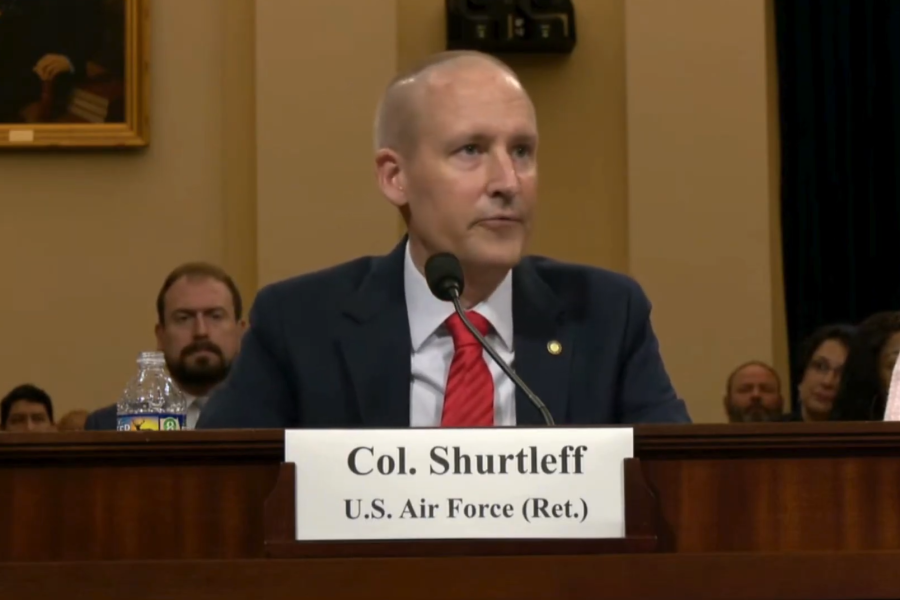An independent federal study will assess whether military aviators are at higher risk of cancer than the general public under a new law enacted this week.
President Donald Trump signed the bipartisan Aviator Cancer Examination Study Act into law Aug. 14. The “ACES” Act directs the National Academies of Sciences, Engineering, and Medicine, in partnership with the Department of Veterans Affairs, to delve into how often Active-Duty pilots and aircrews who have served in the armed forces are diagnosed with cancer and how often the illness is fatal.
The study follows a recent Pentagon analysis that found aircrews are 24 percent more likely to be diagnosed with cancer than Americans overall. An earlier look at Air Force pilots alone found higher rates of certain cancers as well.
The legislation was championed by Reps. August Pfluger (R-Texas) and Jimmy Panetta (D-Calif.) in the House and Sens. Mark Kelly (D-Ariz.) and Tom Cotton (R-Ark.) in the Senate. Pfluger first introduced the ACES Act in 2022.
“This legislation is more than just a bill—it’s a lifeline and a message to every pilot who has put on the uniform to protect our skies that we will fight to protect their health in return,” Pfluger, an Air Force Reserve colonel, said in a release.
Passing the ACES Act was Pfluger’s top priority in Congress. The legislation honors Andy Shurtleff, a retired fighter pilot and friend of the congressman who died in May from an aggressive form of cancer at age 48. Because he was still in uniform when he was diagnosed, the illness is presumed connected to his military service.
“It’s natural for people to question the need for the ACES Act when the PACT Act was just enacted in 2022,” Shurtleff said at a congressional hearing in March. “The PACT Act does not cover aviators like me and thousands of others who have been proven to have significantly elevated cancer diagnoses and deaths simply from doing their daily flying duties.
“There are an untold number of veterans who are not so lucky, whose cancer is diagnosed after their military service, and therefore, they do not receive those benefits,” he said.
The PACT Act expanded VA health care and benefits for veterans exposed to burn pits, Agent Orange, and other toxins. The ACES Act may lay the groundwork to broaden those same benefits to veterans diagnosed with cancer following a career in military aviation.
“By better understanding the correlation between aviator service and cancer, we can better assist our military and provide more adequate care for our veterans,” Pfluger’s office said in the release.
Vince Alcazar, a retired Air Force colonel who leads the Military Aviator Coalition for Health, praised the law as the “most significant piece of military/veteran aviator health care legislation ever passed.”
The National Academies will “get to the root causes of our significantly elevated cancer rates,” he said in the release. “While there is more work to do, we are grateful for today’s achievement.”


